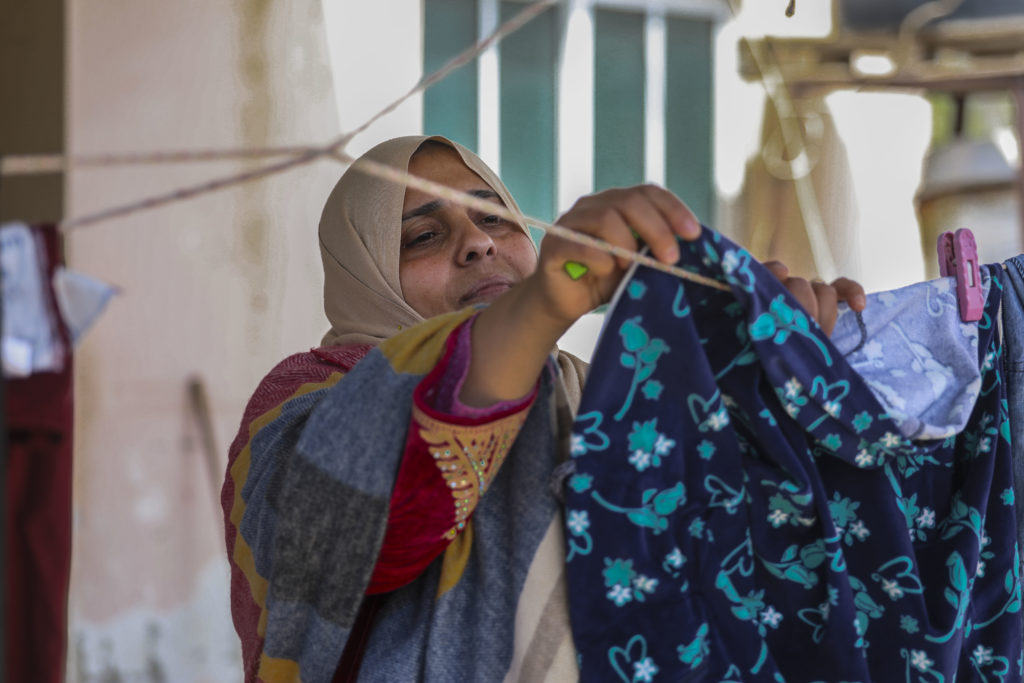Mental Health May
Mental Health Awareness Month
By Nabeeha Shah

According to the World Health Organization (WHO), mental health conditions are increasing worldwide. Maintaining good mental health is essential to well-being. When you’re mentally healthy, you’re able to feel good about yourself, enjoy life and the people in it, and deal with stress
Mental Health Awareness Month was launched to help fight the stigma around mental health and raise awareness. This year, the Mental Health of America is focusing on educating the public about the importance of mental health and providing support to those who may need it most.
Good mental health is essential to well-being.
Mental Health in Islam
Sahl bin ‘Abdullah, may Allah (SWT) have mercy on him, once said, “If one knows his mind, one knows his state between him and his Lord.” From an Islamic perspective, mental health is directly related to a person’s ability to form a meaningful relationship with Allah and remain on a path of worship. Therefore, any obstacles that obstruct one’s ability to tread this path are worthy of attention.
“If one knows his mind, one knows his state between him and his Lord.”
Sahl bin ‘Abdullah
As Muslims, our connection with Allah and our religion are integrated in our daily lives on some level or another. It’s important not to downplay the role religion can play in mental health or attribute mental illnesses to lack of religiosity or low faith, but instead focus on helping the person in need.
One Project at a Time

Approximately one in five people in post-conflict settings have a mental health condition (WHO). Many of our projects, especially in the Middle East, focus on providing mental health support to vulnerable women and children affected by war and conflict.
In Palestine, we are working to promote the well-being and development of women and their families in Gaza through integrated interventions including counseling.
Hana, a mother of five, enthusiastically comments on the training she receives through the project, saying, “Thanks to the project, last year I received fashion design training. I was very happy. In addition to the new knowledge received that helped in my life, it [showed me a new method] of stress release. The training supported me and [kept] me moving, doing new things. Not standing still. [It helped] me start a new path in my life and gain new income.”
Here at home, we’re working with our partners to offer spiritually integrated psychological services to Muslims across the country through in-person and online therapy sessions. We’re also working on outreach to community members who are uncomfortable receiving mental health care due to the stigma associated with it. Over the past year, we have offered more than 9,000 online sessions and consultations in over 35 states and hosted two online training sessions on how to navigate mental health for community leadership and clergy. The eight-hour course trains attendees in initial crisis intervention, preliminary counseling & practical treatment approaches by integrating modern clinical psychology with spiritual practices.
Our goal is to help break the stigma one project at a time so that those in need, both around the world and in the US, receive the care and attention they need to lead joyous and healthy lives.
A Reminder
Challenging the stigma associated with mental health is an important step towards creating a better world. When you or someone you know needs help, the first step is to recognize it. From there, there are a multitude of outlets including acquiring coping skills or learning self-help tools; speaking with a trained mental health professional or going to therapy; reaching out to your support system or going to a support group; or even calling a crisis hotline.
And always remember, you are not alone.



